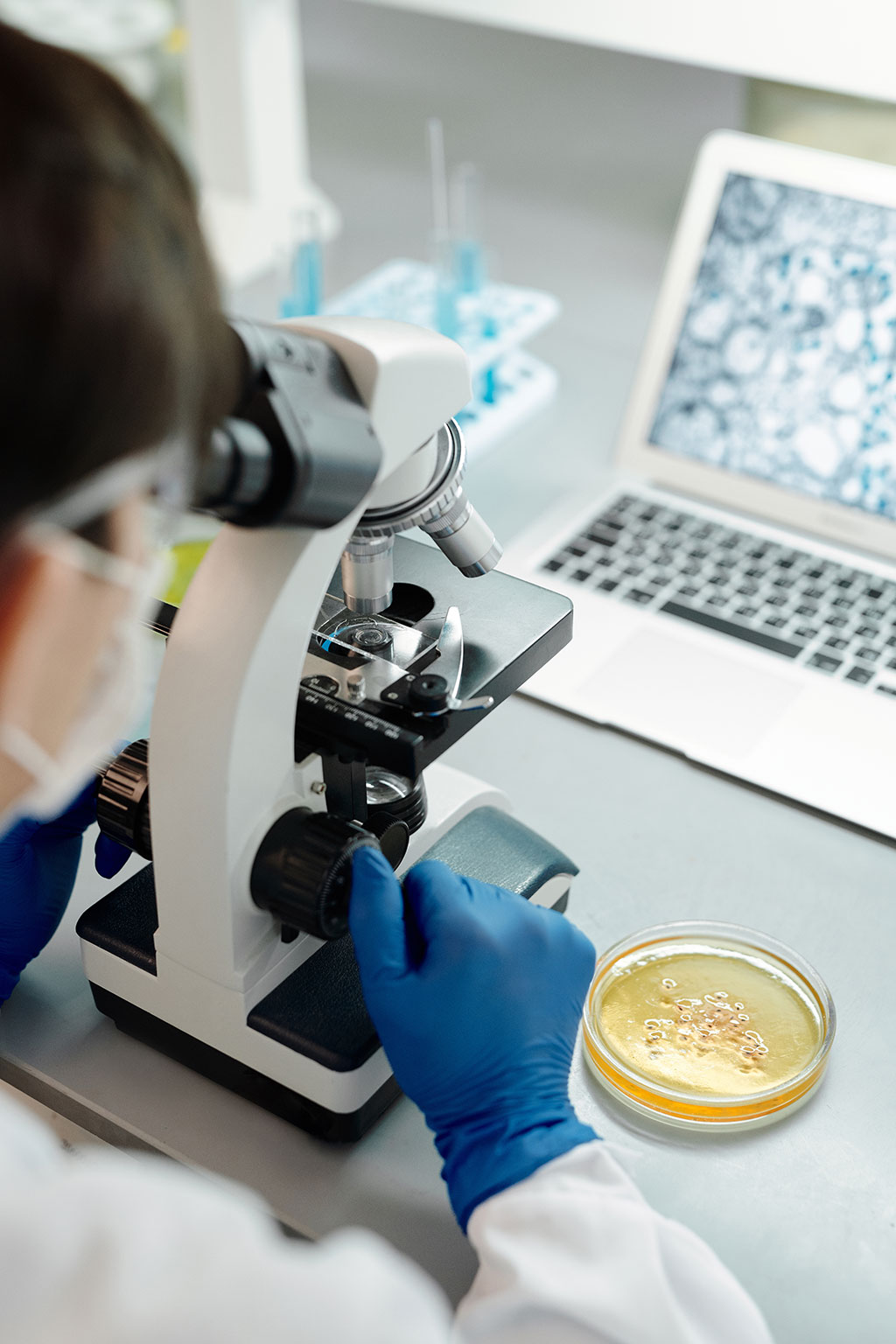Liquid Biopsies Can Identify Cancer Patients at Higher Risk of Developing Additional Blood Cancers
Posted on 27 Oct 2022
Tumors shed DNA into the blood, and this contributes to what is known as cell-free DNA (cfDNA). cfDNA can be identified in blood samples or ‘liquid biopsies’ taken from patients, enabling doctors to either better characterize a cancer, select the best therapy or monitor the progression of the disease and its response to treatment without more invasive biopsies taken from the tumor itself. A condition called clonal haematopoiesis (CH) is a relatively common and incidental finding in liquid biopsies. CH happens when a cell called a haematopoietic stem cell, which can develop into different types of blood cells and is made in the bone marrow, starts making cells with the same genetic mutation that is different to the genetic pattern of normal blood cells. These cells can also shed DNA into the blood. Previous studies have shown that the absolute risk of CH progressing to blood cancer is around 1% a year, with a 10-fold increase in relative risk.
Now, researchers at the Institut Gustave Roussy (Villejuif, France) have found that liquid biopsies, which are increasingly used in the routine care of patients to identify and monitor the progress of cancer, can also detect this disorder of blood cells that places patients at higher risk of developing blood cancers. The researchers investigated if liquid biopsies could also be used systematically to identify patients who either have or could be at higher risk of developing blood cancers such as myelodysplastic syndrome (a disorder of blood cells originating in the bone marrow) or acute myeloid leukaemia. Between March and October 2021, the researchers took liquid biopsies from 1416 patients with a range of solid tumors who had enrolled in the Gustave Roussy Cancer Profiling study (STING). Based on their findings, the researchers believe that when liquid biopsies reveal a high-risk CH feature in patients, this should trigger further hematological evaluation in some circumstances to reveal the actual risk of developing a blood cancer or to uncover cases where a patient already has one.

“We found that 113 patients, 8%, had at least one clonal haematopoiesis mutation that could be considered to place them at higher risk of developing blood cancers during their life. Out of these patients, 45 were referred to our hematology unit by their oncologist and five were subsequently diagnosed with blood cancer: one with myelomonocytic leukemia, two with myelodysplastic syndrome and two with essential thrombocythaemia,” said Dr. Marco Tagliamento, medical oncologist and research fellow at the Institut Gustave Roussy. “Early detection could prevent complications during anti-cancer treatments, for instance alterations to blood counts, and consequent interruption or delay to treatment. It could also indicate possible diagnostic and therapeutic pathways for doctors to consider for hematological disease.”
Related Links:
Institut Gustave Roussy









 (3) (1).png)




